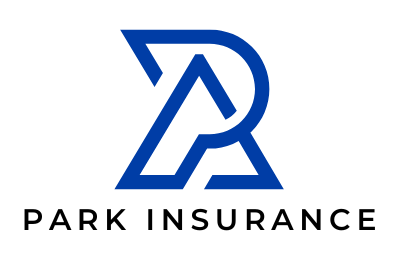Essential Auto Insurance Coverages Every Florida Driver Should Know
Driving in Florida comes with its share of sunshine, scenic routes, and—unfortunately—unique insurance requirements. As a no-fault state with high rates of uninsured drivers and a greater risk of weather-related damages, Florida drivers need to be especially mindful of their auto insurance coverage.
Here are the key coverages you should consider when insuring your vehicle in the Sunshine State:
1. Personal Injury Protection (PIP) – Required
Florida law mandates that all drivers carry a minimum of $10,000 in Personal Injury Protection (PIP). This coverage pays for your medical expenses, lost wages, and certain other costs regardless of who was at fault in an accident.
Why it’s important: PIP helps you get quick access to medical care without the delays that come with determining fault. But the minimum required amount might not be enough in a serious crash.
2. Property Damage Liability (PDL) – Required
Also mandatory in Florida, $10,000 in Property Damage Liability covers damages you cause to someone else’s property with your vehicle, such as their car, fence, or building.
Why it’s important: If you’re at fault in an accident and cause damage to another vehicle or structure, PDL will cover the cost. Without it, you could be held personally liable.
3. Bodily Injury Liability (BIL) – Strongly Recommended
Although not required by state law for most drivers, Bodily Injury Liability becomes essential if you’re involved in a serious accident. It pays for medical expenses, legal fees, and damages if you’re found responsible for injuring another person.
Why it’s important: You could be sued for large sums if you injure someone and don’t have BIL coverage. Many drivers opt for this to protect their personal assets.
4. Uninsured/Underinsured Motorist Coverage – Highly Recommended
Florida ranks among the top states for uninsured drivers. If you’re hit by someone with little or no insurance, this coverage helps pay for your injuries and losses.
Why it’s important: Even if you follow the law, not everyone else will. This coverage fills in the gaps when the other driver can’t pay.
5. Collision Coverage – Optional but Valuable
Collision insurance covers the cost of repairing or replacing your car after an accident, regardless of fault.
Why it’s important: If your car is newer or still under a loan or lease, collision coverage is often required by lenders—and can save you thousands after a crash.
6. Comprehensive Coverage – For More Than Just Crashes
Comprehensive insurance pays for damage from non-collision events like theft, vandalism, flooding, falling objects, or hurricanes—a real concern in Florida.
Why it’s important: Florida’s weather can be unpredictable. Comprehensive coverage offers peace of mind from storm and environmental damage.
7. Gap Insurance – For Financed or Leased Vehicles
If your vehicle is totaled and you owe more than it’s worth, gap insurance covers the difference between your loan balance and the vehicle’s actual cash value.
Why it’s important: Vehicles depreciate fast. Gap insurance prevents you from being stuck paying off a car you can’t drive.
Final Thoughts
While Florida sets a minimum insurance requirement, that may not be enough to truly protect you on the road. Customizing your auto policy with the right mix of coverage ensures you’re prepared for anything from a fender-bender to a hurricane.
Need help evaluating your policy or getting a free quote? Contact our team today—we’re here to make insurance simple and reliable.

